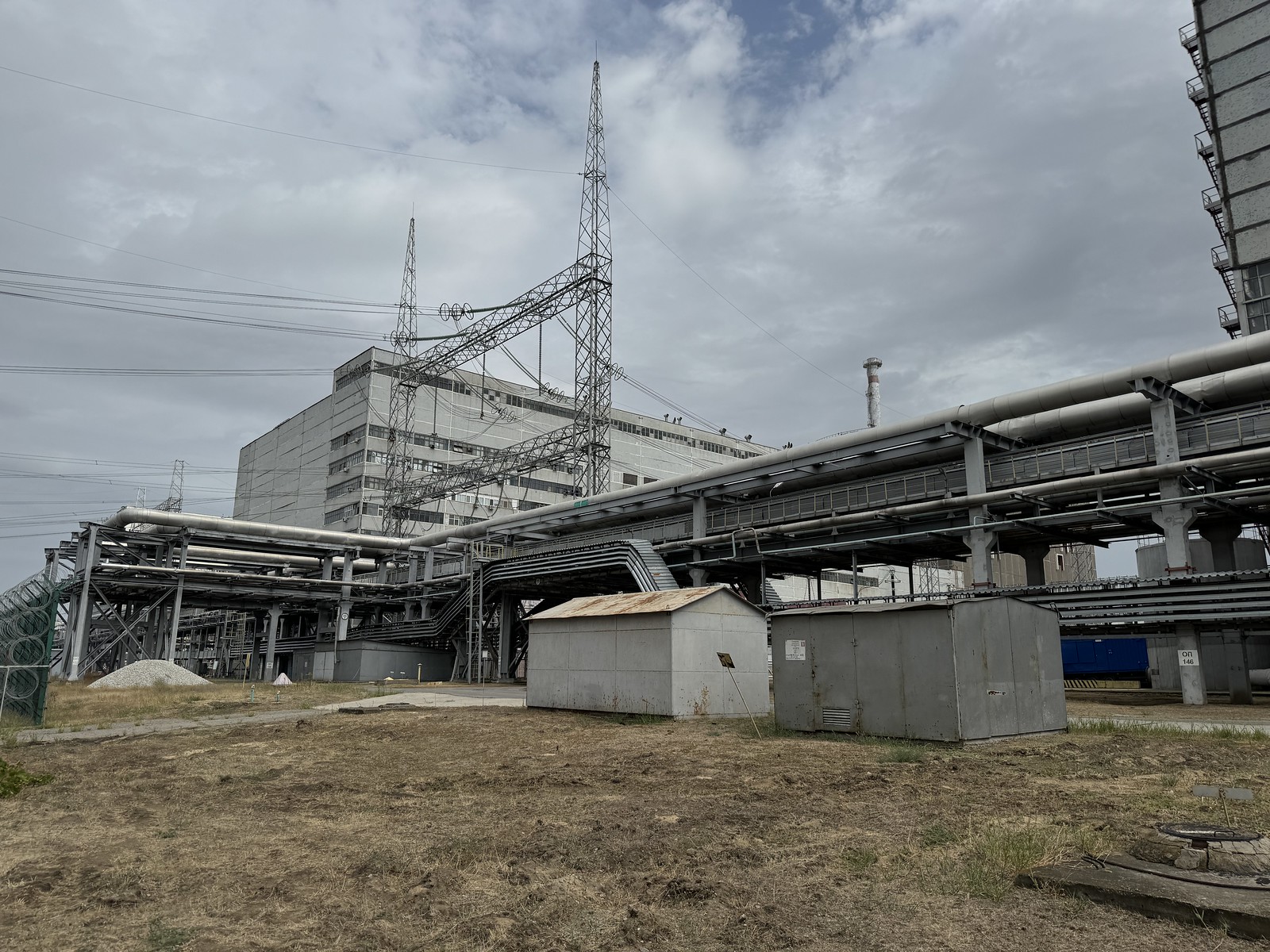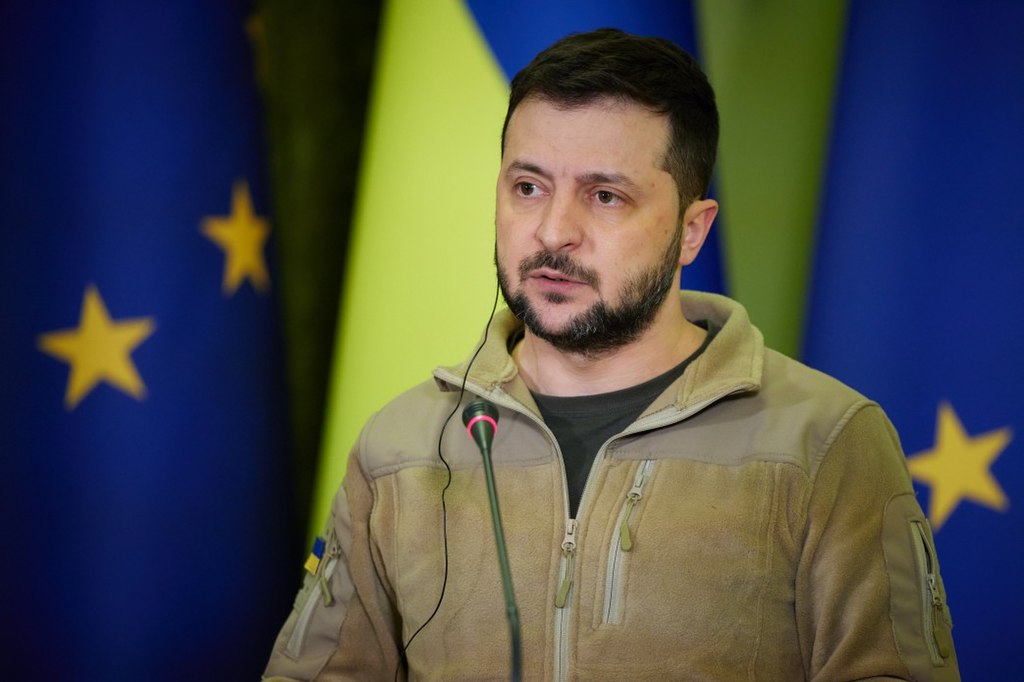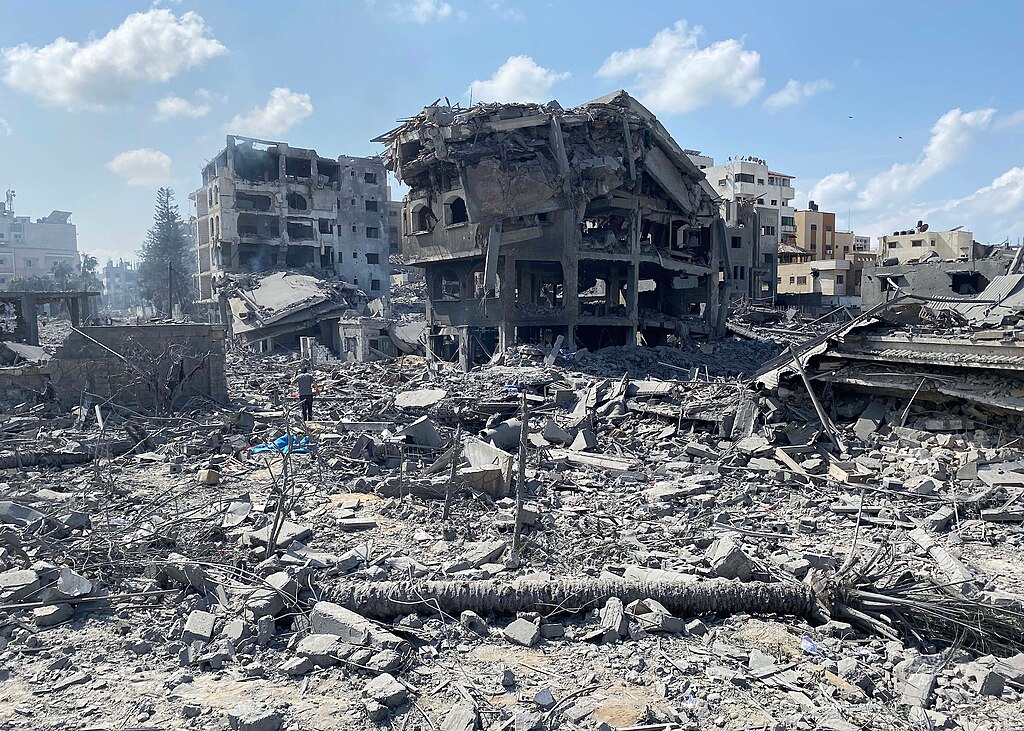The comment follows remarks by International Atomic Energy Agency (IAEA) director-general Rafael Grossi recently that the plant could return to the power grid within months of a ceasefire.
Grossi told Reuters news agency that the plant was professionally controlled and managed by Russia despite troops blocking access to IAEA teams.
But Energoatom, in a statement posted on LinkedIn, pointed out that the largest nuclear power plant in Europe has been occupied illegally since 2022 with unacceptable safety risks.
“The continued presence of the Zaporizhzhia NPP under occupation is categorically unacceptable,” the company statement reads.
“Any talk about the ‘restart’ of the ZNPP units under the control of Rosatom (Russian nuclear energy company) representatives is a direct violation of nuclear and radiation safety standards,” it added.
REALITY CHECK
Energoatom says the current condition of the ZNPP (such as limited communication with the power grid, exhausted fuel and equipment stocks, unqualified personnel and other factors) is solid evidence that restarting the plant in its current state “is technically impossible”.
“The occupation has significantly worsened the condition of critical safety systems,” the company says.
“A lack of proper maintenance, violation of repair schedules, lack of access to original spare parts and the inability to conduct proper inspections lead to critical degradation of the equipment and create the prerequisites for potential emergencies.”
Energoatom also contradicted Gossi’s comment about professional management of the plant; it said the reality on the ground said otherwise.
“The presence of armed formations and military equipment … as well as further militarisation of the plant and adjacent occupied territories are key risk factors that cannot be ignored.”
The company pointed out that blocked access by the IAEA team to areas of the plant also prevents an objective assessment of the NPP’s systems and safety.






